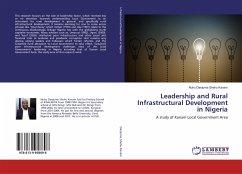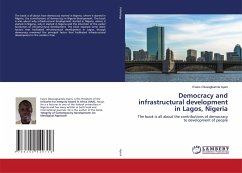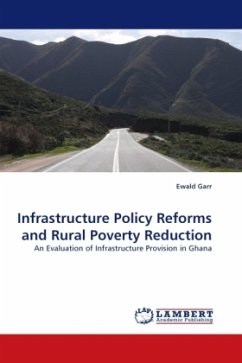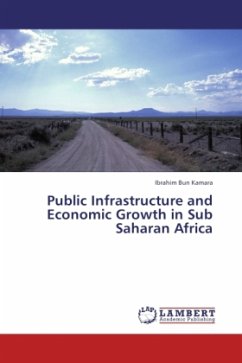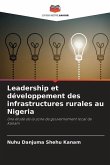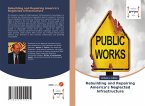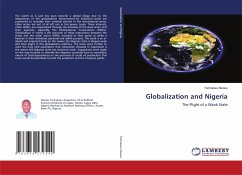This research focuses on the role of leadership factor, which received less or no attention towards understanding Local Government as an instrument for rural development in general, and specifically rural infrastructural development. It remains alarming for one to come across phrases like 'total decay' which Usman (1979) and Ake (1981) relate to the continuous disadvantage linkage Nigeria has with the globalizing world capitalist economies. Many scholars such as, Umoruyi (1992), Ugwu (2000), and Yusuf (2003), attributed poor infrastructure and other social and financial crisis to endemic and pandemic corruption that remains very glaring among leaders and followers which hinder reforms, and the sustained fund allocation to Local Government to take effect. Sustained poor infrastructural development challenges most of the Local Governments' leadership in Nigeria including that of Kanam Local Government Area, the study area of this research work.
Bitte wählen Sie Ihr Anliegen aus.
Rechnungen
Retourenschein anfordern
Bestellstatus
Storno

